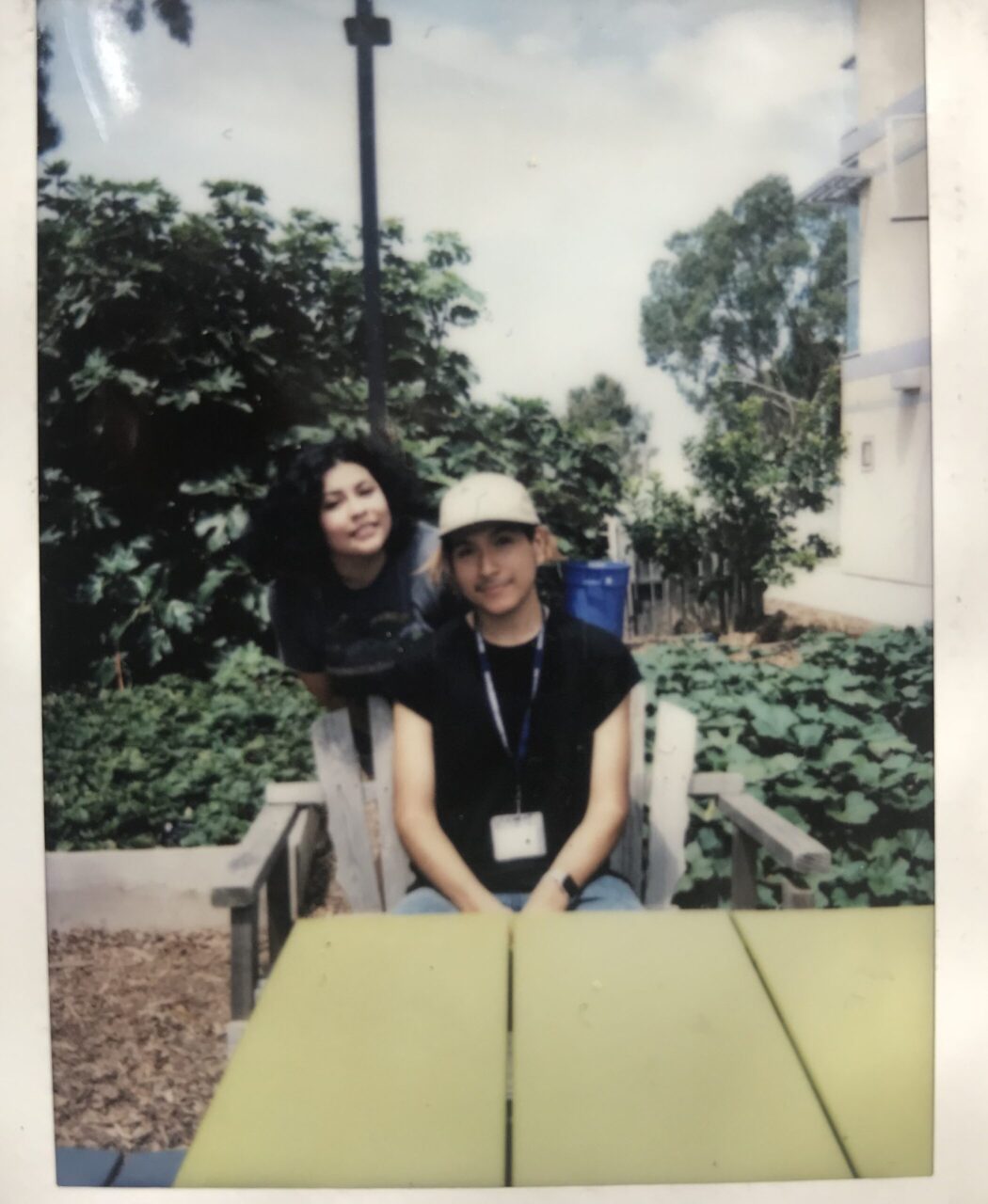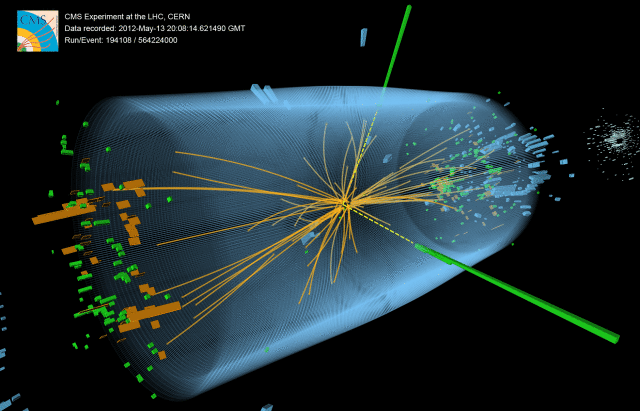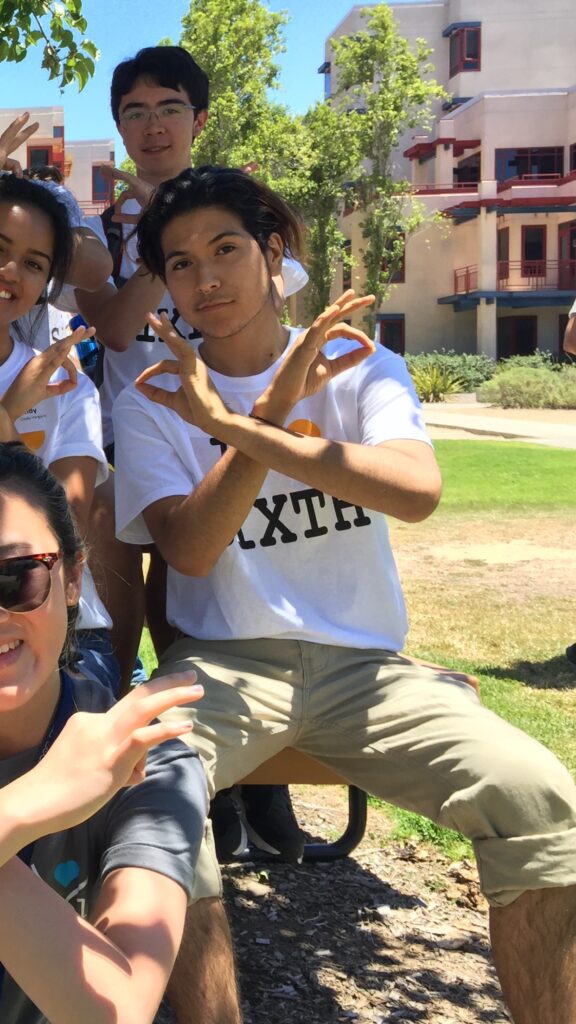“A heightened observational mind-set takes over when we’re tourists. In a new place, we pay attention to everything, it seems. But we spend most of our time in familiar places that have lost their inherent novelty. We take these surroundings for granted, and we stop paying close attention. A recurring commute becomes profoundly numbing. Psychologists who study perception call this phenomenon inattentional blindness” (Rob Walker, The Art of Noticing, 10)

Computational Complexity
What are two things I haven’t noticed yet, about where I live or my environment? What am I choosing to ignore in this fantastically complex world?
I don’t believe that I am grossly ignorant. Admitting that I intentionally ignore things is giving me too much credit (paying attention to everything seems impractical in a sense). At first glance, I hypothesize that it’s normal for all humans. In the field of cognitive science and computer science—and in the study of human memory, learning, and attention—computational complexity is a fact. In a busy environment, our brain is bombarded by too many variables and stimuli, which our brain has trouble parsing. The amount of stimuli is too complex! Our brain is like a computer with limited resources, so we cannot simply attend to everything that we interact with.


Theoretical Reconstruction vs. Artistic Rendering

Building an Observational Mind
A solution to this problem is to train ourselves to attend to things that we do not normally attend to. We innately focus on things that ‘matter’, are ‘relevant’, or are ‘pertinent’. As a data scientist, I posit that we can think of it abstractly in the form of a priority queue. When we are sufficiently busy, we place important tasks on top of our to-do list and leave everything else at the bottom. But, what happens when we are consistently handling very important tasks? We continually place more and more items at the top, eventually having no time to handle less important tasks. Eventually, I believe that we forget those tasks. Such as in the case of the garbage collector in java, whose job it is to trash any variables that aren’t being utilized for any purpose at all.
Mindfulness and Experimentation
I’m going to attempt to do an experiment on myself. My goal is to be mindful by keeping my mind focused and alert and noticing at least two things in my environment of which I am normally unaware.
According to Wiktionary, the definition of Mindfulness as a practice is
(as understood in Buddhism and psychology) Paying attention on purpose, in the present moment, and non-judgementally.
The top things of priority in my day-to-day to-do list is lecture and work, and college assignments taking most of my non-mandatory free time. Other things of importance include learning how to drive, taking care to visit the doctor every once in a while, bettering my resume with personal projects, and so on. All of this, of course, is intermixed with my own bad habits—texting in class, listening to music during my commute, watching TV or youtube, and playing video games—which I believe are ‘non-constructive’ tasks that only require minimal attention, but allow me to relax and have fun and be human.
When I take away the unnecessary distractions, Im left with the most ‘relevant’ items that require my attention. This would be the most difficult, mentally, but not that serious. I stopped listening to music on my commute, I stopped using my phone in lectures, and I stopped entertaining myself at home. This is a drastically different environment than I am used to and it left me a lot of time to reflect and be mindful. At first, my thoughts jumped out at me the most. I still did my usual routine of attending lectures, working, and studying. However, I was less preoccupied with my emotions and my subconscious needs and wishes.


The first thing I noticed was that my dreams became more vivid. I felt myself moving into a different mentality: One that cares for physical accomplishment instead of mental gratification. What I mean to say is that I spoke a lot more to the people I met, I participated a lot more in discussions, and I felt more active in my daily life. My brain felt less bombarded with stimuli. I could actually think about my interactions.
Another thing I noticed was that I felt motivated to hit the gym more. I felt clearer-headed and less bogged down by my thoughts. Usually, I’d make some excuse about not having enough sleep or needing to attend to my assignments, but by utilizing mindfulness I felt like my actions were more warranted and less dependent on my emotions.
In short, I think an observational mind is one that is mindful of its own behaviors. That includes its good and its bad characteristics. Sure, you do analyze most of what you encounter, but is it really all that important if you forget what you’re doing, and it is keeping you from focusing on what’s important?
